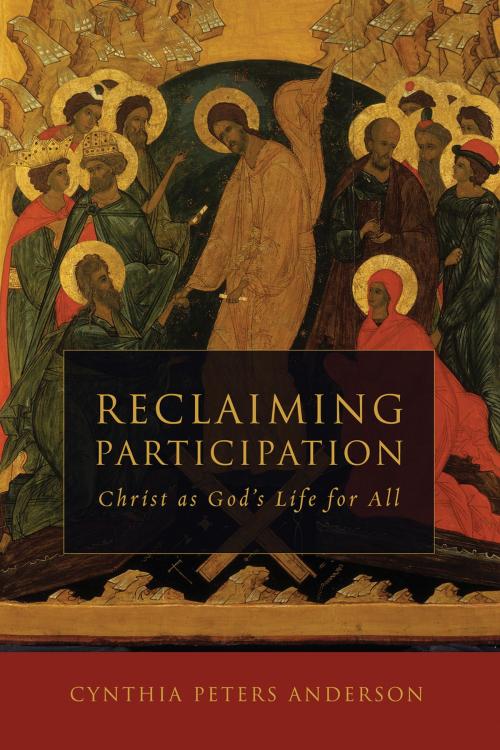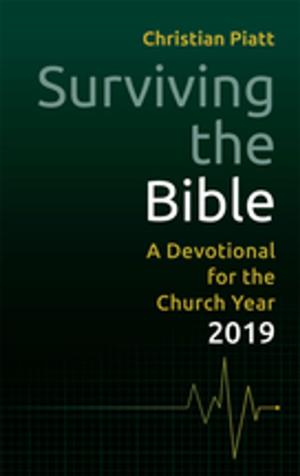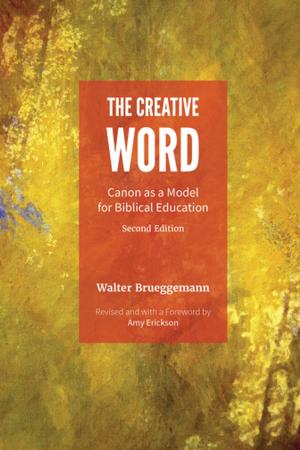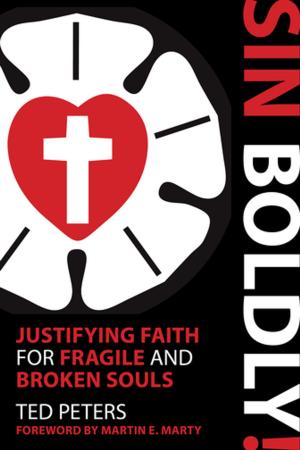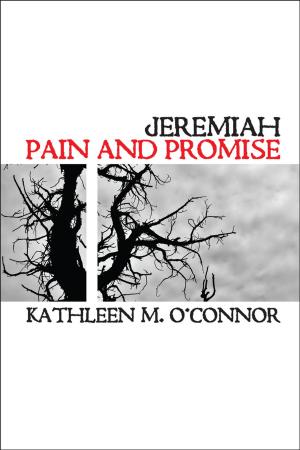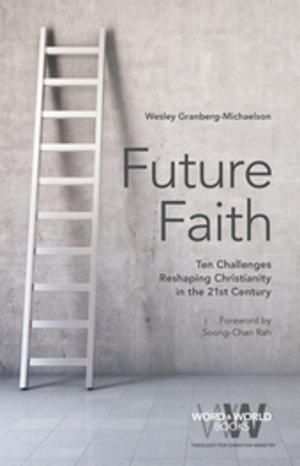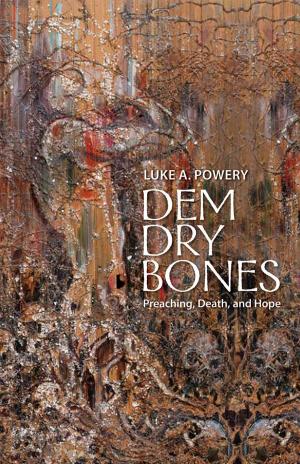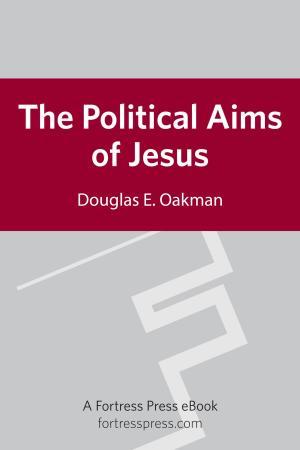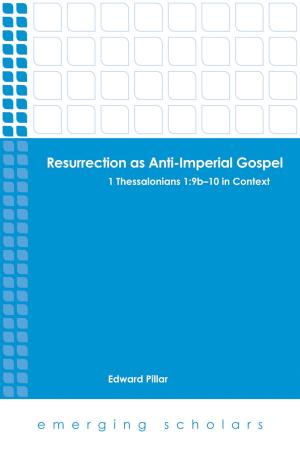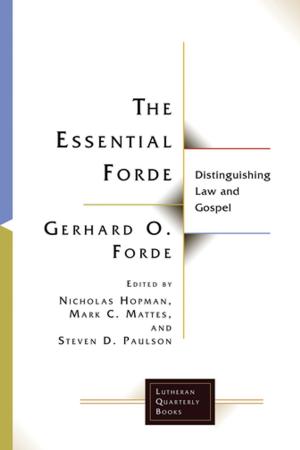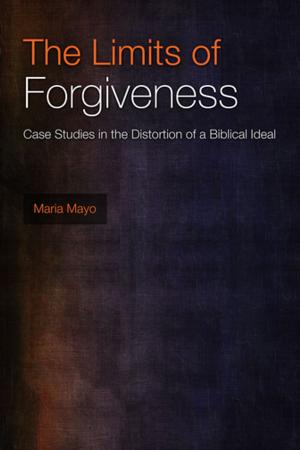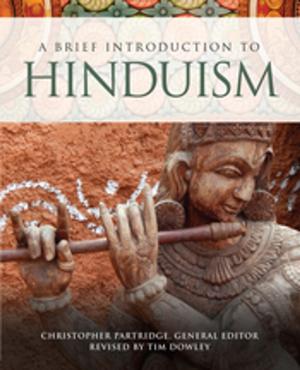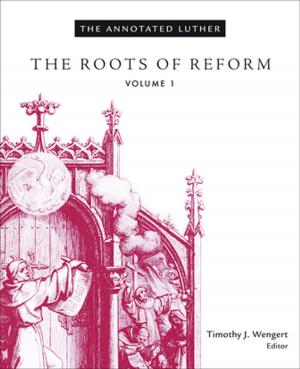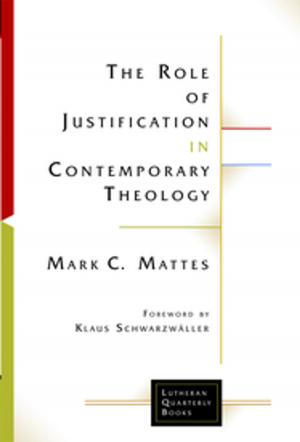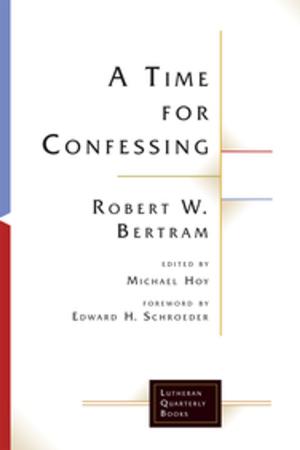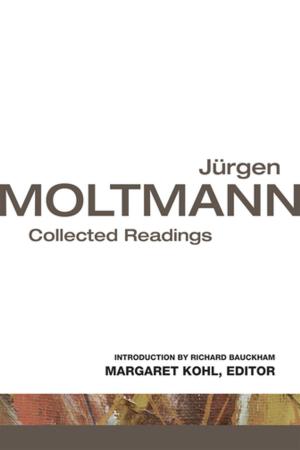Reclaiming Participation
Christ as God's Life for All
Nonfiction, Religion & Spirituality, Theology, Christianity| Author: | Cynthia Peters Anderson | ISBN: | 9781451489569 |
| Publisher: | Fortress Press | Publication: | November 1, 2014 |
| Imprint: | Fortress Press | Language: | English |
| Author: | Cynthia Peters Anderson |
| ISBN: | 9781451489569 |
| Publisher: | Fortress Press |
| Publication: | November 1, 2014 |
| Imprint: | Fortress Press |
| Language: | English |
In an era that oscillates regularly between nihilism and the erosion of moral vision, on the one hand, and pseudo-gnostic myths of self-apotheosis on the other, the classical Christian claim of human participation in the divine as the story of the transformation of human life in its physical, moral, spiritual, and eschatological dimensions takes on radical, counter-cultural color. It is an affirmation that offers hope and meaning for humanity secured by God’s participation in human life through Jesus Christ. The Christological ground of this claim is crucial to secure and animate the argument of this text. The author performs, in this, a retrieval of the Christological vision of the unification of the divine and the human in the single subject of Jesus Christ as the programmatic center point of human transformation and participation, articulated particularly by Cyril of Alexandria. The patristic pattern is used as a lens through which to examine and assess modern iterations—those of Karl Barth and Hans Urs von Balthasar. In this, the author provides a critical updating of this vital classical theme, annotating a vision of divine life opened up for created participation that can foster hope in the climes of contemporary life.
In an era that oscillates regularly between nihilism and the erosion of moral vision, on the one hand, and pseudo-gnostic myths of self-apotheosis on the other, the classical Christian claim of human participation in the divine as the story of the transformation of human life in its physical, moral, spiritual, and eschatological dimensions takes on radical, counter-cultural color. It is an affirmation that offers hope and meaning for humanity secured by God’s participation in human life through Jesus Christ. The Christological ground of this claim is crucial to secure and animate the argument of this text. The author performs, in this, a retrieval of the Christological vision of the unification of the divine and the human in the single subject of Jesus Christ as the programmatic center point of human transformation and participation, articulated particularly by Cyril of Alexandria. The patristic pattern is used as a lens through which to examine and assess modern iterations—those of Karl Barth and Hans Urs von Balthasar. In this, the author provides a critical updating of this vital classical theme, annotating a vision of divine life opened up for created participation that can foster hope in the climes of contemporary life.
